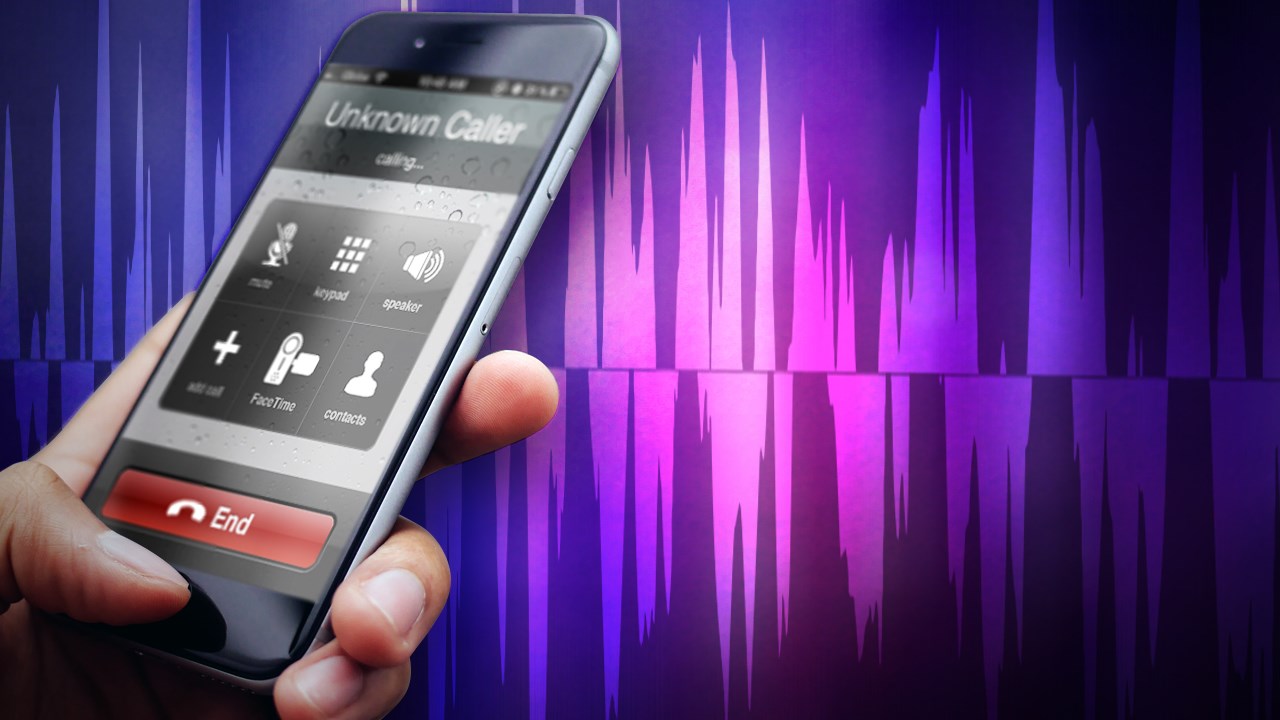Don’t let crooks steal your name and money; here’s a list of common scams

We’ve never been more appealing as a target for fraudsters and con artists than we are now. But you should know that the Paydaychampion site isn’t a scam and can give you money in one hour or less.( https://hsewatch.com/health-and-safety-organizations/ )
Because of the uncertainties surrounding the coronavirus epidemic, robocallers, hackers, and other crooks have had additional possibilities.
Millions of individuals have filed new jobless claims and are waiting for stimulus money. So it’s more difficult for us to reject a phone call or an email from someone claiming to be a bank or a government official.
Plus, with so many people being forced to work from home, our electronic gadgets have become a tempting target for hackers.
While there is little information regarding the scope of such illicit activities, security experts have seen a rise in scams in our email inboxes, phones, and websites. The Federal Trade Commission issued a warning last month, encouraging Americans to ignore digital contacts from persons claiming to know government checks, among other things.
“It’s Pandora’s box of opportunity,” said Sam Espinosa, an executive at Next Caller, a company that builds technology to identify bogus calls. “The first time you deal with unemployment, you may not think to yourself, ‘This is a fraudster.'”
In a study conducted by Next Caller this week, 37 percent of respondents indicated they had been targeted by coronavirus-related fraud and scams, up from 32 percent last month. Furthermore, 44% stated they were more exposed to fraud now that their companies allowed them to work from home.
I spoke with security professionals about some of the most common frauds and how we can avoid them. Here’s a rundown of things to avoid.
Websites that are not real
Even the most basic tasks, such as purchasing a bottle of hand sanitizer, are complex at the moment. Many of us have frantically searched the internet for answers. Fraudsters are attempting to profit from our actions by constructing bogus websites.
Some fake websites seem to be clones of real government websites that offer information regarding COVID-19, but they also contain harmful advertising that requests personal information. Other bogus websites include businesses that claim to provide face masks and cleaning goods but exist to steal your credit card information. The crooks may then access your funds using the info you unintentionally gave.
“The amount of sites and retailers that have sprouted up all over the place has skyrocketed,” said Ron Culler, ADT Cybersecurity’s senior director of technology and solutions. Scammers established 15,000 bogus IRS websites shortly after the government started handing stimulus checks, he claimed, to steal people’s personal and financial information.
Here are a few things you can do to protect yourself against scam websites:
- Verify the URL of the webpage. Although a bogus site may seem similar to a legitimate government or financial website, the domain name in the address bar is a dead giveaway. Instead of more respectable names like “.com” or “.org,” check for domains ending in “comCo,” “.ma,” or “.co.” in your address bar.
- Download and install an ad blocker. You may download an ad-blocking plugin to prevent your browser from running a dodgy ad that seeks your personal information. I suggest uBlock Origin for PC browsers and 1Blocker X for iPhones.
Scam Phone Calls
Robocallers have a reputation for seeming stupid, but in truth, they are resourceful and work hard for your money.
They research you and adjust their behavior based on your replies. They “spoof” phone numbers most of the time, manipulating phone networks to ring your phone from numbers they aren’t calling from, such as digits belonging to your bank or a government agency.
In extreme circumstances, two fraudsters work together, one calling your bank and the other calling you, requesting personal information, so they can instantly deceive the bank’s customer service worker into allowing access to your account.
“Any gap in the system is what they’re searching for,” Espinosa added. According to his firm, which counts the volume of potentially fraudulent calls made to companies, high-risk calls to financial institutions are 50 percent higher than before the epidemic. He claims that one bank is receiving 6,000 additional high-risk calls each hour.
So here’s what you should do:
- Put the phone down and dial an actual phone number. Robocallers have been a nuisance for years, but we should be careful of any call from a company or group today more than ever. If your bank, for example, contacts you with a fraud alert, hang up and call the customer care number on the back of your credit card to confirm that your bank attempted to contact you.
- Deleting companies from your address list is a good idea. A stored item in your address book may mislead you into believing a call is genuine. Assume you’ve stored Citibank’s customer service number in your address book and called “Citibank.” If a fraudster impersonated Citibank’s customer service number and contacted you, your phone would display a call from Citibank.
Text and Email Messages
One of the oldest online frauds is phishing, in which a scammer poses as someone else and asks for personal information. It still occurs, however, because it works.





